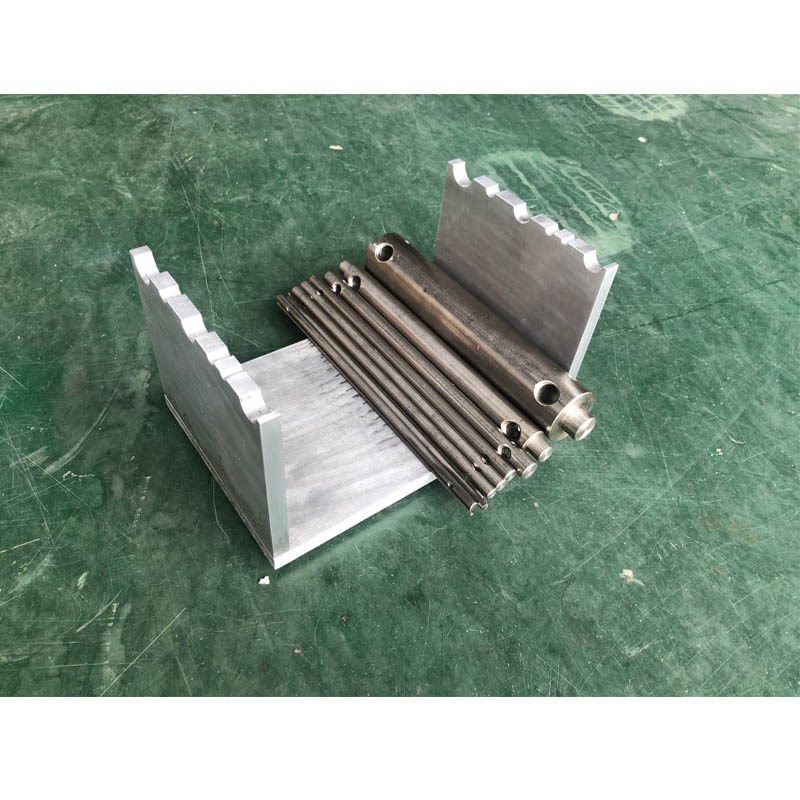Advanced Techniques for Evaluating Tensile Strength in Material Testing and Analysis Processes
Understanding Tensile Strength Tester An Essential Tool in Material Science
In the realm of material science and engineering, understanding the mechanical properties of materials is crucial. One of the key properties that engineers and researchers focus on is tensile strength, which measures how much force a material can withstand when being pulled before it deforms or breaks. To accurately assess this property, tensile strength testers play a vital role.
What is a Tensile Strength Tester?
A tensile strength tester, often referred to as a tensile tester or tensile testing machine, is a device specifically designed to measure the tensile strength of various materials. These testers operate by applying a controlled tension to a material sample until it fails, thereby providing valuable data about its strength, elasticity, and ductility.
The testing process typically involves preparing a standardized sample of the material. The sample is then placed in the testing machine, which grips the material at both ends. The machine gradually pulls the material apart at a constant rate while measuring the amount of force being applied. As the tensile test progresses, various parameters are recorded, including the force exerted, the elongation of the material, and the ultimate tensile strength, which is defined as the maximum stress that a material can withstand.
Importance of Tensile Strength Testing
Tensile strength testing is paramount in various industries, including construction, aerospace, automotive, and consumer goods. Understanding a material's tensile strength is crucial for ensuring safety and reliability in applications that involve mechanical loads. For example, in the construction industry, the materials used for buildings and bridges must have sufficient tensile strength to withstand the forces exerted by wind, weight, and other factors.
Additionally, tensile strength testing helps in quality control and assurance. By routinely evaluating the materials used in production, manufacturers can guarantee that their products meet the necessary standards and specifications. This process not only minimizes the risk of product failure but also protects both the manufacturer and the end user from potential hazards.
tensile strength tester

Types of Tensile Strength Testers
Tensile strength testers come in various configurations, ranging from simple handheld devices to sophisticated computer-controlled machines. The choice of tester often depends on the specific requirements of the materials being tested and the accuracy needed for analysis.
1. Universal Testing Machines (UTMs) These are the most common types of tensile testers, suitable for testing a wide range of materials. They can perform not only tensile tests but also compression, bending, and shear tests, making them versatile tools in material testing laboratories.
2. Micro and Nano Tensile Testers For specialized applications, particularly in academic research, micro and nano tensile testers are used to test smaller samples or thin films. These testers allow researchers to explore the mechanical properties of materials at the microstructural level.
3. Portable Tensile Testers Designed for on-site testing, these devices allow for quick assessments of material properties without the need for a full laboratory setup. They are particularly useful in construction and field testing applications.
Conclusion
In conclusion, tensile strength testers are indispensable tools in material science and engineering. They enable the accurate measurement of a material's ability to resist tension, informing both the design and application of materials across various industries. As technology advances, the capabilities of these testers continue to improve, providing even more precise and reliable data. Ultimately, understanding tensile strength through systematic testing is essential for innovation, safety, and efficiency in material applications.
-
The Role of Tensile Force Testers in Quality Control and Material Science
NewsAug.01,2025
-
Maintenance and Safety Tips for Aging Ovens
NewsAug.01,2025
-
Density Balance in Forensic Science
NewsAug.01,2025
-
Advanced Optical Measurement Technologies
NewsAug.01,2025
-
A Buyer’s Guide to Tensile Test Machines
NewsAug.01,2025
-
Why the Conductor Resistance Constant Temperature Measurement Machine Redefines Precision
NewsJun.20,2025
 Copyright © 2025 Hebei Fangyuan Instrument & Equipment Co.,Ltd. All Rights Reserved. Sitemap | Privacy Policy
Copyright © 2025 Hebei Fangyuan Instrument & Equipment Co.,Ltd. All Rights Reserved. Sitemap | Privacy Policy

